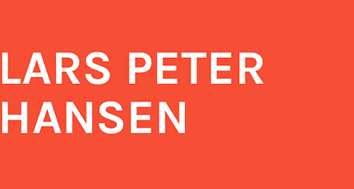On May 8, 2o18 the Macro Financial Modeling (MFM) project team presented a poster at a symposium called Mindbytes organized by University of Chicago’s Research Computer Center (RCC). On behalf of the MFM team, Joseph Huang presented the poster and discussed the computational challenge that he and his team have worked on.
The poster ended up winning an award for demonstrating the best implementation and performance of the Research Computing Center’s Midway compute cluster. Performance tuning and parallelization of codes are becoming increasingly important in order to effectively use modern hardware and implement complex algorithms. The judges were interested in code that runs on the greatest number of cores, the code that is best tuned to the existing hardware, and/or demonstrates the greatest performance speed-up when scaled.
You can view a PDF version of the poster presented by the MFM team at the Mindbytes Symposium.
- papers and an online compendium of research related to better measurement of systemic risk
- new and improved software for macroeconomic models
- new knowledge in the form of dissertations and journal articles that explore linkages between economic sectors
- What are the virtues and potential pitfalls of existing measures? What new measures will be revealing?
- What data is available to effectively measure risk? What data is lacking?
- How do we address data confidentiality issues?
This effort is supported with generous grants from the Alfred P. Sloan Foundation, Fidelity Investments and the CME Group Foundation.
The Macro Financial Modeling project is under the Macro Financial Research Initiative at the University of Chicago.
